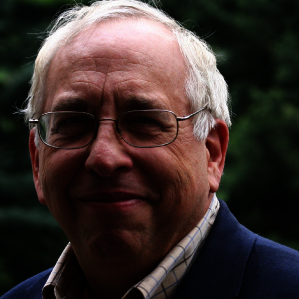
Donald J Wuebbles, The Harry E. Preble Professor of Atmospheric Sciences, University of Illinois Presidential Fellow, University of Illinois Urbana-Champaign
The recently released Sixth Assessment Report (AR6) of the UN’s Intergovernmental Panel on Climate Change (IPCC) further strengthens what other assessments of the science have already been telling us for well over a decade: Climate change is happening now and it is happening throughout the world. This has been the warmest decade on record, but surface temperature is just one of many indicators of our changing climate. Certain types of extreme weather events – such as heat waves and heavy precipitation – are increasing in severity and frequency, leading to droughts in some locations and floods in others. Sea levels are rising as the oceans warm and land ice melts. We can see these changes play out in the news – whether its wildfires in the American west or Australia, flooding in Germany, or heatwaves in Italy. Observations show that the climate is changing about ten times more rapidly than natural changes in climate based on paleoclimatic observations of the changes that occurred since the end of the last ice age. The evidence is clear that the climate changes over the last half-century are primarily due to the burning of fossil fuels in tandem with the clearing of forests and other land-use changes. Natural mechanisms cannot explain the observed changes in climate.
I feel confident that we can slow climate change and reduce its magnitude, but it will take a concerted worldwide effort to greatly reduce the human-related emissions that are driving these changes. The IPCC assessment shows that to limit warming to 1.5 degrees Celsius and avoid widespread catastrophic damage, carbon emissions need to be cut by half in the next 10 years and largely eliminated by 2050. All nations need to significantly transition away from emissions associated with fossil fuels and they also need to be more proactive in protecting their forests and other natural resources because of their importance in storing carbon. A variety of analyses show this can be done without harming the economy. The clock is ticking. We need to face the challenges of addressing our changing climate. Meaningful solutions rest on technological, educational, social, and cultural actions. We need to come together to address what is clearly the biggest challenge of our time.

